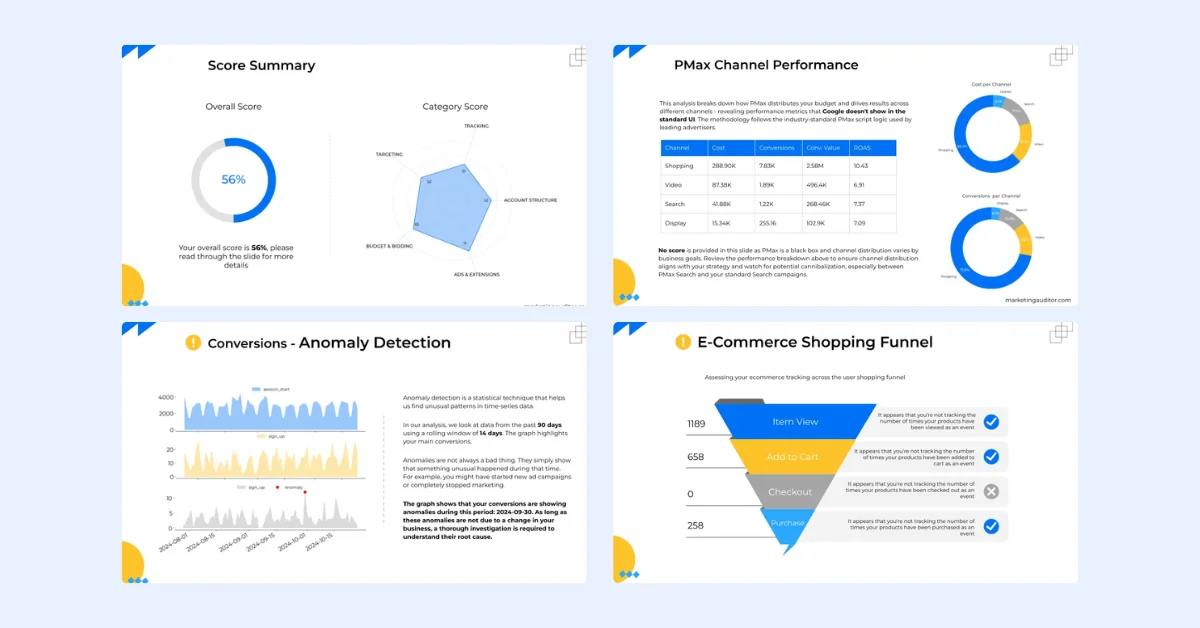WhatsApp is introducing new tools to help users identify and avoid messaging scams, alongside efforts to dismantle criminal scam centers. In the first half of 2025, WhatsApp banned over 6.8 million accounts linked to organized scam operations, primarily in Southeast Asia, which often involve forced labor. These scam centers run multiple campaigns simultaneously, including pyramid schemes and cryptocurrency investments, always requiring upfront payments—a key red flag.
Scam Operations and Tactics
Scammers typically initiate contact through texts or dating apps, then move victims across various platforms like social media, private messaging apps, and crypto payment systems to avoid detection by any single service. A recent disrupted scam involved coordinated use of WhatsApp, mobile SMS, ChatGPT, TikTok, Telegram, and cryptocurrency. Scammers used ChatGPT to generate initial messages, directed victims through multiple apps, and built false trust by showing fake earnings before requesting crypto deposits.
Collaboration and Disruption Efforts
WhatsApp, Meta, and OpenAI worked together to disrupt a scam linked to a Cambodian criminal center. This scam included fake payment offers for social media engagement and pyramid schemes disguised as rent-a-scooter investments. These coordinated efforts highlight the complexity and cross-platform nature of modern scams.
New WhatsApp Anti-Scam Features
WhatsApp is rolling out features to enhance user safety:
- Group Messaging: When added to a group by someone not in contacts, users will see a safety overview with group info and tips, allowing them to exit without viewing messages. Notifications remain silenced unless the user opts to stay.
- Individual Messaging: WhatsApp is testing alerts that provide context about unknown contacts before users engage, helping them make informed decisions.
Tips to Avoid Scams in Private Messaging
Users are advised to:
- Pause before responding to suspicious messages.
- Question the legitimacy of requests, especially if they involve money, gift cards, or PIN codes, or promise unrealistic earnings.
- Verify identities by contacting friends or family through different communication methods to confirm legitimacy.
These combined efforts aim to protect users from scams exploiting economic anxiety and trust, reinforcing the importance of vigilance and informed decision-making in digital communications.












